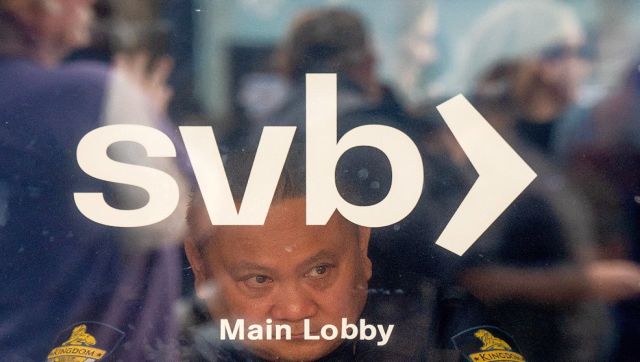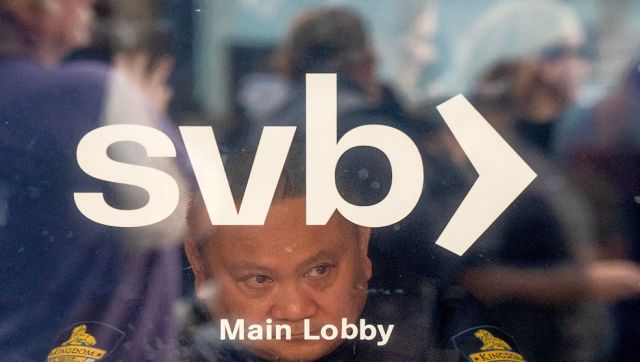By Shefaly Yogendra
“I want to be a founder.”
Alarm bells start ringing when I hear these words from the mouth of a person with no more definitive an idea than being a founder. It is now a word with social currency, with swagger. It is a job title that winks and says “I will raise a lot of VC money, sell to Facebook, and be so rich, you will want to be my slaves, bitches!”. In practice, however, it is the one word explanation of why a person can no longer make it to your regular Friday bacchanalia, or organise your pre-wedding do, or even be on time for her own parents’ milestone anniversary party. It is the word that can strike fear in the hearts of middle-class parents, who scraped and saved to send their progeny to the best schools in the country, even the world, and who now do not know how to answer when their friends ask, “So what does your daughter do?” because heck, damned if they know what with the world buzzing with apps, SaaS, AI, ML, drones, robotics and such words as they never heard in the Bible.
With all the gentleness I can muster, I ask, “A founder of what?” Then, sometimes, magic unfolds.
I hear the person describe a dream, where she tells a moving story of a childhood memory or an experience as a young adult newly launched into the world. The story sometimes describes a challenge that may or may not have affected them personally in a material sense, but did affect them at a deep, emotional level and strengthened the resolve that soon as they can, they will work on solving it. She goes further into details of how, over the years, she has thought about the issue, read up a lot of things that helped her understand the source of the problem and why nobody had tried to resolve it effectively, and formulated some possible ideas of how she would go about it. And that all those years, and that pain has brought her to the point where she says: “I want to be a founder.”
I must confess though, that this rarely happens.
What does happen is some version of “I want to be the Uber of this, the AirBnB of that, the Facebook of something.” In other words, the wannabe founder wants to copy an existing and visibly successful business model and apply it to some obscure problem.
Deeper questioning reveals some to have thought deeply about it, but most have not. The rumoured ease of raising VC money seems to have created a monster of an ambition but nary a dream. With a firm idea of the exact business model, albeit untested in their target market, some are very certain, impervious to advice and often resistant to questions. Yet others have even — sometimes irresponsibly — been advised by others to create a business that a specific large operator in their industry will be certain to buy for a lot of money.
Greed as a business model has not created many successes in the startup world as we know it.
Some however have a dream, a vision. Many have an open mind but may or may not understand what a business model is. Some even realise the difficulties of copying a blazingly successful business model and the many ways it could fail in India. A few have a rough idea of what they want to do, and have tested whether anyone will pay for their planned product or service. A smaller number have spoken with a lot of people including successful entrepreneurs from the pre-VC world when losing the shirt off your back and the soles off your shoes were two essential ingredients of success. And a small number have done all of that, identified that they need a lot of help and advice, and have started to identify seed money, whether from parents or friends, or even their own saved-up rainy day fund.
These are exhilarating conversations. There is emotion, but there is also the acceptance that a dream is only as big as the work you put into realising it. There is confidence in the self, but also the humility to know the gaps in one’s knowledge and experience. There is belief in the idea but also finite understanding of the fact that it may need to be tweaked, adopted, changed wholesale — pivoted as startup speak goes — for success.
This is where the engagement begins for an advisor. It promises to be a tough but fun ride for both the founder and the advisor.
Absent all this though, “founder”, the verb, is exactly what a wannabe founder will do.
Which description of a wannabe founder describes you?
The author is a decision-making specialist, and advises founders and CEOs on technology, risk, branding and talent. She can be found on Twitter: @Shefaly.


)




)
)
)
)
)
)
)
)